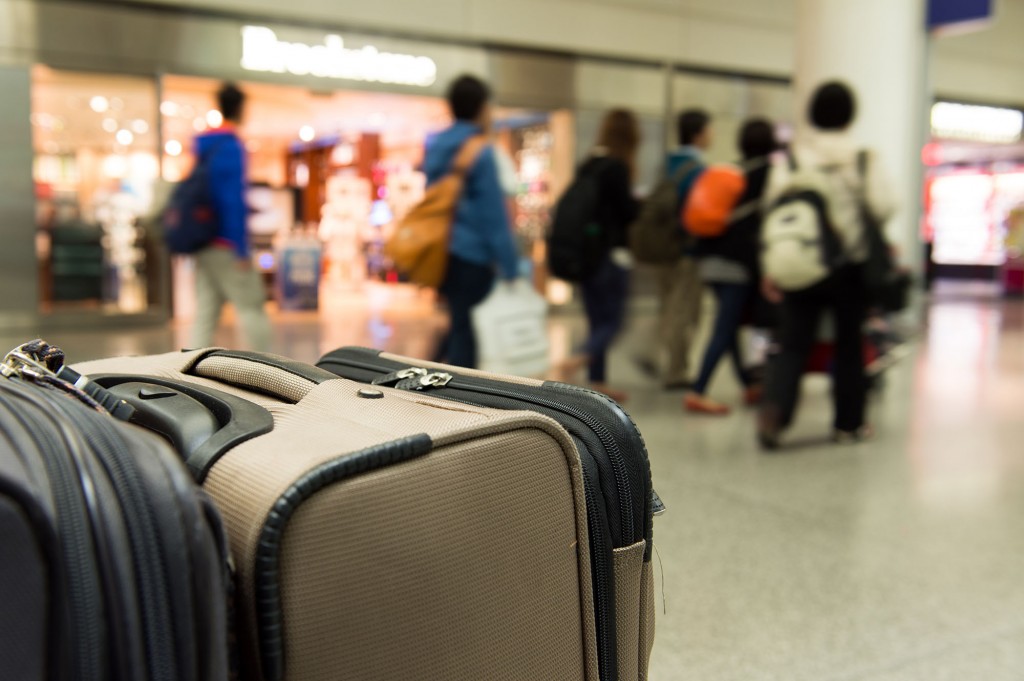 From checked luggage to a pillow, blanket or simple snacks onboard, travelers have become accustomed to an assortment of extra costs when flying. It’s difficult for airlines to gain and keep customer loyalty at a time when carriers continue to add fees and surcharges to stay profitable.
From checked luggage to a pillow, blanket or simple snacks onboard, travelers have become accustomed to an assortment of extra costs when flying. It’s difficult for airlines to gain and keep customer loyalty at a time when carriers continue to add fees and surcharges to stay profitable.
That’s one reason why frequent flier programs are still so important in the ultra-competitive airline industry. But which ones deliver the best benefits for travelers? A Washington University in St. Louis faculty member was recently among a panel of experts who helped analyze the nation’s best frequent flier programs for the credit card comparison website CardHub.com.

Raphael Thomadsen, associate professor of marketing at the Olin Business School, along with 15 other hospitality and consumer experts, studied CardHub.com’s data on frequent flier programs at the nation’s 10 largest domestic airlines using 23 metrics, including miles restrictions, membership perks and global partnerships. When the numbers were crunched, JetBlue came out on top for frequent fliers, while Delta’s program was most popular with less seasoned travelers.
“These programs affect behavior a lot. They are well crafted to both exponentially reward loyalty and to exploit the difference in incentives of workers — who fly and get the benefits — and employers, who pay more for the tickets, but get no additional benefits,” Thomadsen said.
Thomadsen says there’s no doubt airline rewards programs influence customers, and the people who reap the benefits most often seem to be those who travel for work.
“On average, passengers who do a significant amount of their flying through work benefit tremendously: these people get free flights and perks that they don’t pay for. Further, the airlines have an incentive to really invest in quality for these passengers in a way that would not be profitable if they had to provide the benefits to all fliers. The losers in this calculation may be larger corporations (and their shareholders) who spend more on air travel,” Thomadsen said.
To see the entire analysis, visit CardHub.com.
Comments and respectful dialogue are encouraged, but content will be moderated. Please, no personal attacks, obscenity or profanity, selling of commercial products, or endorsements of political candidates or positions. We reserve the right to remove any inappropriate comments. We also cannot address individual medical concerns or provide medical advice in this forum.